899
views
views
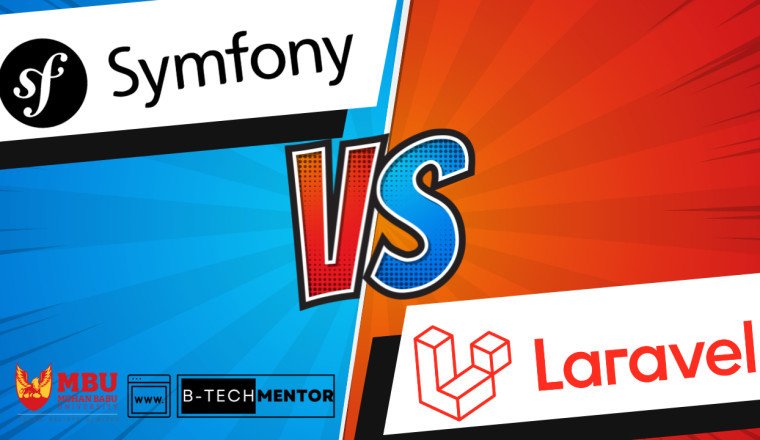
Symfony offers flexibility and performance for large-scale applications, while Laravel prioritizes ease of use and rapid development for smaller projects.
Symfony and Laravel stand out as two known PHP frameworks, each, with its characteristics tailored to different project needs and developer preferences. The following are the main differences between them.
Philosophy and Design:
- Symfony: Emphasizes flexibility and the use of components. It is structured as a collection of PHP libraries. Symfony adheres to standards and is commonly applied in enterprise scale projects. It champions a component driven architecture.
- Laravel: Focuses on enhancing developer satisfaction and user friendliness. It presents an integrated framework with numerous built in functionalities right from the start. Laravel aims for simplicity at the beginning stages. Offers a syntax.
Learning Curve:
- Symfony: Can pose a challenge due, to its nature and adaptability demanding a grasp of PHP fundamentals and software design principles.
- Laravel: Generally recognized for being beginner friendly supported by documentation, tutorials and an engaged community. The learning process is designed to be gradual.
Ecosystem:
- Symfony: Comprised of components that can be utilized independently in any PHP project. Many other PHP frameworks and content management systems (including Laravel) incorporate Symfony components.
- Laravel: While Laravel incorporates some Symfony elements it also offers its integrated toolkit comprising Eloquent ORM Blade templating engine and Laravel Mix, for managing assets.
Regarding Configuration and Conventions:
- Symfony prioritizes configuration flexibility over convention adherence. It provides developers with a range of configuration choices for control though setting it up can be more intricate.
- Laravel: On the hand Laravel follows the "convention over configuration" principle. It is designed to function from the start with minimal setup requirements focusing on simplicity and speedy development.
In terms of Performance:
- Symfony is renowned for its strength and efficiency in handling large scale applications. Its modular structure often results in optimized code tailored to usage scenarios.
- Laravel is efficient well. May introduce some additional overhead due to its abundant built in features and user friendly design potentially not achieving the same level of optimization as Symfony in extremely large and complex projects.
Community and Support Aspect:
- Symfony boasts a community with professional support options, particularly prevalent, in corporate settings.
- Laravel: Conversely Laravel enjoys a community ecosystem offering tutorials, packages and third party services. It is recognized for its development cycles and extensive community driven contributions.
Key Features:
- Symfony offers flexibility. Often requires developers to assemble the components, for functionalities like authentication routing and ORM.
- Laravel includes built in features such as user authentication, routing, Eloquent ORM and more which can accelerate the development process.
Ideal Applications:
- Symfony is well suited for large scale enterprise applications that prioritize flexibility, performance and adherence to standards.
- Laravel is excellent for to sized projects and rapid prototyping because of its user friendly nature and pre existing features. It caters to developers who value development cycles.
In conclusion, Symfony appeals to developers seeking adaptability, modularity, and enterprise grade capabilities. On the hand Laravel is favored for its simplicity, developer approach and swift development potential. The choice, between the two frameworks typically hinges on project requirements and team expertise levels.



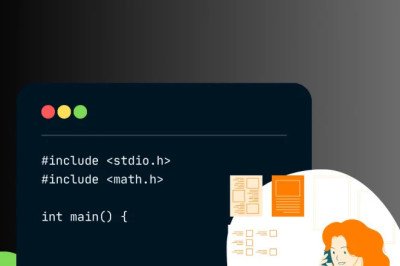
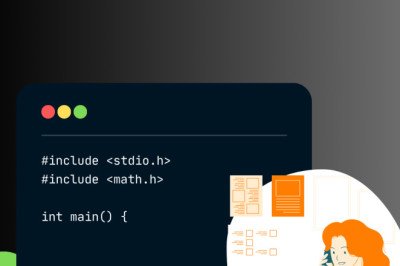


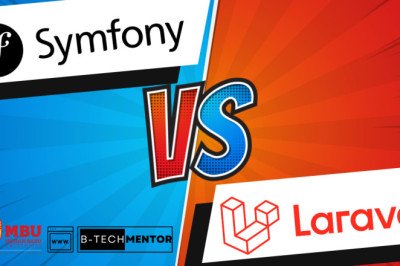
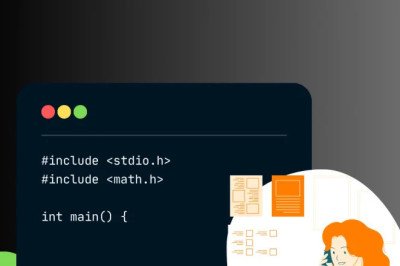
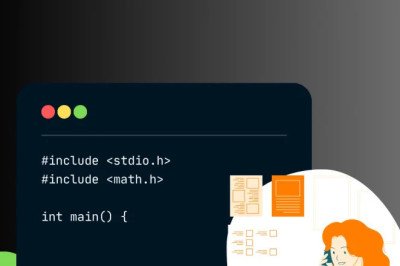
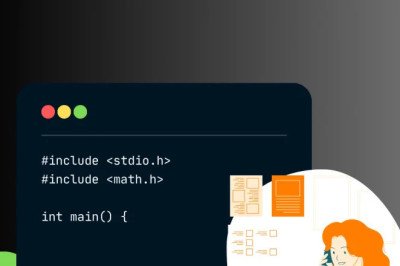
Comments
0 comment